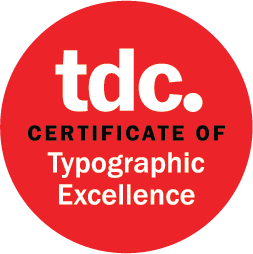 12 styles
12 styles



Rizado Script is a classy one-weight script typeface, made with “dolce vita” in mind. Its high contrast and pointy tone are recalling the fine nib handwriting of a meticulous and decisive person that hasn’t got free time to spare but surely knows how to enjoy his life. No quick and dry strokes, but rather wide, elegant and strong-minded temper that will bring a long-lasting touch to your packaging layouts.
Sure, if you are looking for a good fit for some more ephemeral design such as a weekend high-class cocktail promotion, or a wedding invitation – this handy display typeface won’t let you down for a second. If you happen to go to Venice and enjoy their popular Aperitivo, you’ll be asked to choose between three types of bitter-reddish base drink. Rizado will bring you the same amount of pleasure, authority and uniqueness while you pick out one of the three ampersands or other alternate characters.
According to the concept of Fellini’s lifestyle, “la dolce vita” is a luxury lifestyle full of cheerful worldly pleasure. But don’t let yourself be fooled by this moto, because Italians are famous for their modesty and sagacity as well. That’s why you’re always supposed to turn on the Contextual Alternates (to activate extra positional forms — isolated, initial and final) and keep your voice down and never set this typeface in all Capital letters.
There are 391 total glyphs made to support West European, Central European and South East European languages.
Of all the things in this world that man has invented, nothing can compare to the alphabet. To be able to send to a friend or acquaintance, far away somewhere in the wide world, one’s thoughts on a piece of paper: to be able to read what others wrote two thousand years ago and to be able to write something that others will be able to read several thousand years later; that is a science almost transcending the bounds of the human mind, and one can say that whoever first invented it, was more God than man. The alphabet has opened the road to the human mind, enabling it to approach God to the limits of its possibilities. It was invented some four thousand years ago, and after its difficult and strange development it has become so easy that today there is no easier skill, and has spread so much in the world that at present in Europe there are peoples among whom there is no one who cannot read and write.